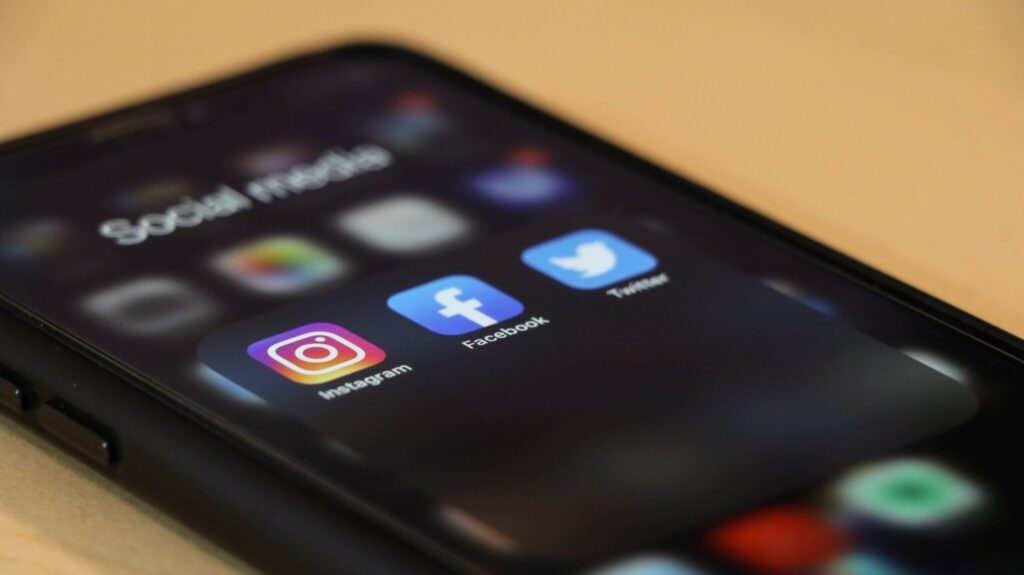
In the digital age, social media has become a crucial tool for event promotion. With millions of users active on various platforms, harnessing the power of social media event promotion can significantly increase your event’s visibility and engagement. The Historic Alfred I. duPont Building in Miami wants to equip you with effective strategies to promote your event on social media successfully.
Understanding Your Audience
Identify Your Target Audience: The first step in any successful social media campaign is knowing who you’re trying to reach. For event promotion, consider the interests, age group, and online behavior of your potential attendees. Tools like Facebook Insights or Instagram Analytics can provide valuable data about your followers.
Tailoring Content: Once you understand your audience, tailor your content to their preferences. If your event is a professional conference, LinkedIn posts focusing on industry insights might be more effective than playful TikTok videos.

Choosing the Right Platforms
Platform Overview: Each social media platform serves a unique purpose and audience. Facebook and LinkedIn are great for detailed event information and networking, Instagram and TikTok excel in visual storytelling, while Twitter is ideal for real-time updates and conversations.
Selecting the Best Platform: Choose platforms where your target audience is most active. For instance, if you’re hosting a music festival, visually-driven platforms like Instagram might be more effective than LinkedIn.
Creating Engaging Content
Content Types: Diversify your content with high-quality images, engaging videos, informative live streams, and interactive stories. These formats can showcase your event’s highlights, speakers, or behind-the-scenes preparations.
Consistency and Branding: Maintain a consistent posting schedule and ensure that your content aligns with your event’s branding. Consistency helps in building anticipation and keeping your event top-of-mind.

Leveraging Hashtags and Collaborations
Hashtag Use: Create a unique hashtag for your event and encourage its use. This not only increases visibility but also helps in aggregating content from your audience.
Collaborations and Partnerships: Partner with influencers or other brands to amplify your reach. These partnerships can provide access to new audiences and add credibility to your event.
Utilizing Paid Advertising
Ads on Social Platforms: Paid ads on platforms like Facebook and Instagram can be highly targeted to reach potential attendees beyond your current followers. Use demographic, geographic, and behavioral data to refine your ad targeting.
Budgeting Tips: Allocate a budget for paid promotions and monitor your spending closely. Start with a small budget to test different ad formats and audiences, then scale up based on performance.
Engaging with Your Audience
Interaction: Actively engage with your audience by responding to comments, and messages, and mentioning participants in your posts. This engagement builds a community around your event and boosts organic reach.
Feedback and Adaptation: Use audience feedback to adapt your strategy. Monitor the types of posts that generate the most engagement and refine your approach accordingly.
Measuring Success
Analytics Tools: Utilize built-in analytics tools on social platforms to track the performance of your promotional efforts. Look at metrics like reach, engagement, and click-through rates.
Understanding Metrics: Focus on metrics that align with your goals. For instance, if your goal is to increase ticket sales, track click-throughs and conversions from your social media posts.
Promoting your event on social media requires a strategic approach tailored to your audience and objectives. By choosing the right platforms, creating engaging content, leveraging paid advertising, and continuously engaging with your audience, you can significantly amplify your event’s reach and success.









